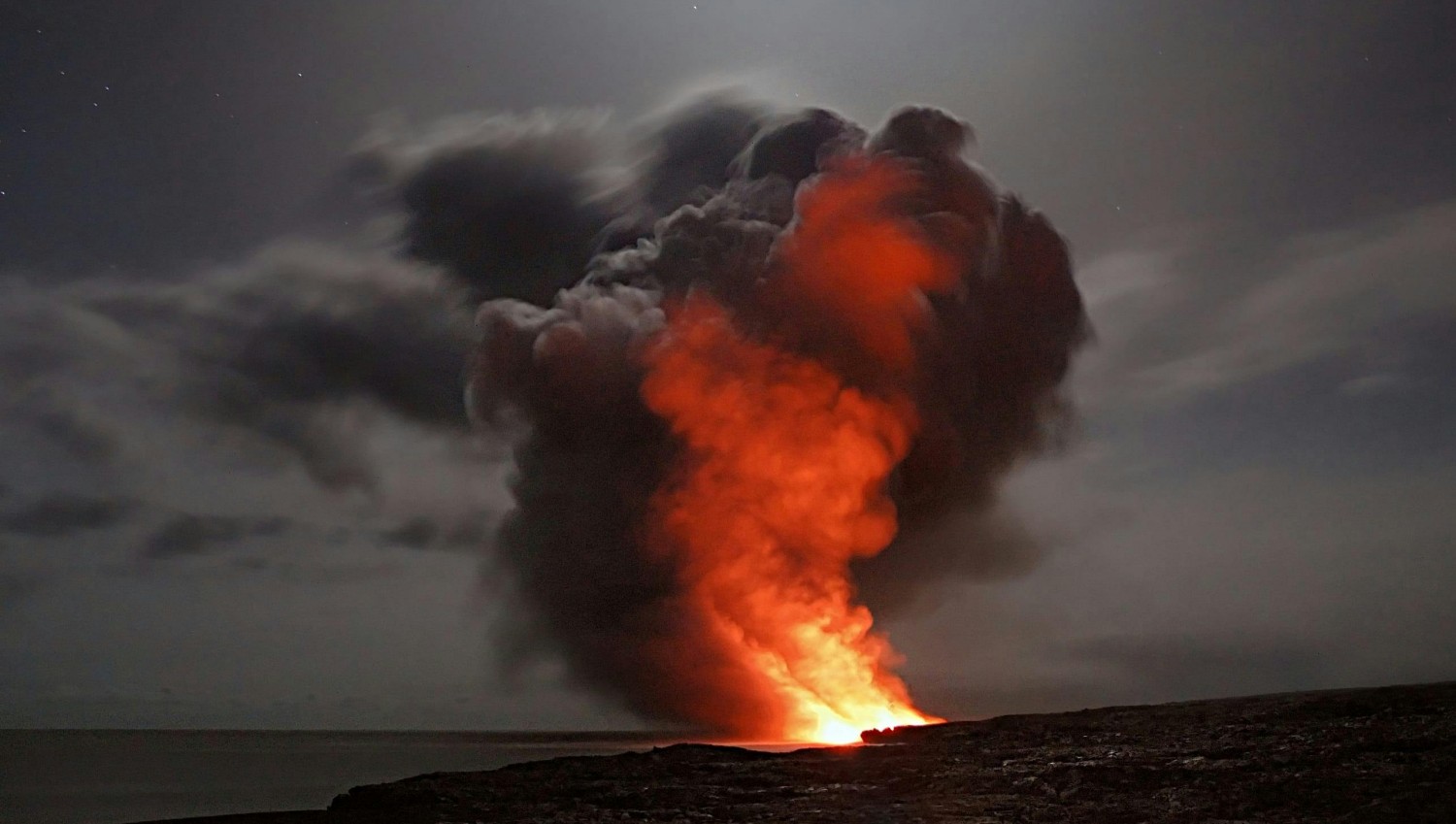Anyone who believes in God would surely like to meet him. In fact, most who believe in God plan to do that very thing at the judgment, longing to hear him say, “Well done.” It is, however, doubtful anyone would want to meet God in the way Nadab and Abihu met him.
The problem arose because they offered “unauthorized fire.” “Now Nadab and Abihu, the sons of Aaron, each took his censer and put fire in it and laid incense on it and offered unauthorized fire before the Lord, which he had not commanded them” (Leviticus 10:1 ESV). Levites, especially the sons of Aaron the high priest, should have known the regulations regarding the altar of incense (Exodus 30:1-10).
God’s clear warning to Aaron after this incident may explain what happened. He told Aaron, “Drink no wine or strong drink, you or your sons with you, when you go into the tent of meeting, lest you die. It shall be a statute forever throughout your generations. You are to distinguish between the holy and the common, and between the unclean and the clean, and you are to teach the people of Israel all the statutes that the Lord has spoken to them by Moses” (Leviticus 10:8-11).
Paul’s words to the saints in Ephesus serve as a similar warning today (Ephesians 5:15-18). Lenski remarked,
The intoxication of drink is not introduced as a mere foil to spiritual exhilaration. It is a concrete example of worldly folly in wicked days and a sample of how fools make themselves utterly incapable of wisdom, sound judgment and real understanding. They dull and drug even their physical brain and wickedly add to the wickedness of the days in which they live.
Drunkenness leads to a complete lack of control. Instead of being filled with intoxicating liquids, Paul would have the saints be filled with the Spirit. Alcohol is merely a temporary escape, the Spirit shows one the means of overcoming through the word.
Some excuse their worship practices by saying God did not say not to do it. Nadab and Abihu learned too late the importance of respecting God’s silence when he has specifically revealed his will to us. “And fire came out from before the Lord and consumed them, and they died before the Lord” (Leviticus 10:2).
Adam Clarke’s comment on this verse is well stated:
Every part of the religion of God is Divine. He alone knew what he designed by its rites and ceremonies, for that which they prefigured—the whole economy of redemption by Christ—was conceived in his own mind, and was out of the reach of human wisdom and conjecture. He therefore who altered any part of this representative system, who omitted or added any thing, assumed a prerogative which belonged to God alone, and was certainly guilty of a very high offense against the wisdom, justice, and righteousness of his Maker. This appears to have been the sin of Nadab and Abihu, and this at once shows the reason why they were so severely punished.
John told the elect lady and her children, “Everyone who goes on ahead and does not abide in the teaching of Christ, does not have God. Whoever abides in the teaching has both the Father and the Son” (2 John 9). John’s inspired words may have partly arisen from the stern warnings against adding to or taking away from the word of the Almighty (Deuteronomy 4:1-4; Proverbs 30:5-6; Revelation 22:18-19).
God demands that those coming before him in worship must have proper respect (Leviticus 10:3). It was this very sin which caused Moses and Aaron to be unable to enter the promised land (Numbers 10:1-12).
God is praised in our worship assemblies. Worshipers should realize we gather in his presence. Our every action should be under his direction. We should carefully examine his word to discover his desire and carefully avoid adding to or taking away from what he has said. Our God is unchanging. His careful attention to detail in the Old Testament causes us to realize he will be just as attentive to detail in Christ’s kingdom.
- A spiritual house of living stones - 2026-01-23
- Born through the Word of God - 2026-01-09
- The Christian’s call to be holy - 2025-12-18
